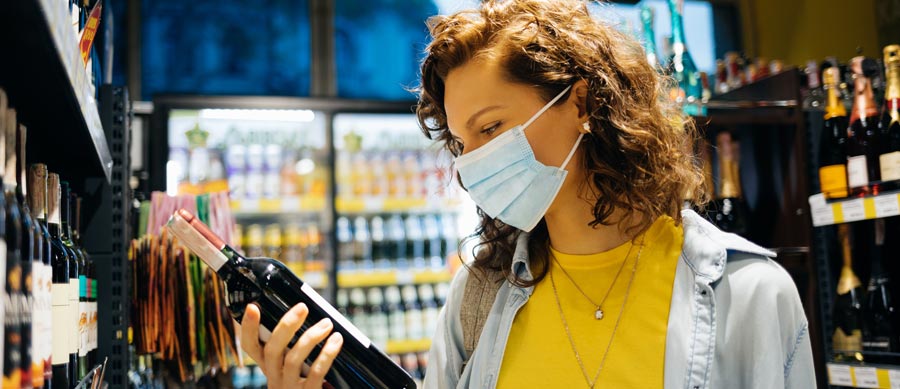
Table of contents
- How Has COVID-19 Affected Adult Alcohol Use In the U.S.?
- Why Are People Drinking More Alcohol?
- Who Is Most At Risk For Developing An Alcohol Use Disorder During the Pandemic?
- How Can I Tell If Someone Is Abusing Alcohol?
- What Are the Benefits of Quitting Alcohol?
- How to Cope With COVID Without Abusing Alcohol
- How Will Alcohol Rehab Help Me Overcome Alcohol Addiction?
A recent study published in JAMA Network Open in September of 2020 shows alcohol consumption among Americans (and particularly women) has increased during the COVID-19 pandemic.1 This suggests more people may be turning to alcohol to cope with the lingering effects of the pandemic, such as job loss, mental health problems, and stress.
Although people have long used alcohol as a method for coping, the recent uptick in alcohol consumption may be an indicator that the pandemic has triggered another pandemic of problematic alcohol use among Americans. This could result in higher rates of alcohol use disorder and related physical and mental health issues.
Although vaccination rates in America are improving quickly, many of the effects of the pandemic remain and it may be some time yet before things return to normal. If you’re misusing alcohol to cope, you’re likely to experience harmful side effects as a result.
Sometimes it’s difficult to determine if a loved one is drinking too much or if you have a problem with alcohol. However, knowing the warning signs can help you be more mindful of your drinking, change your lifestyle habits, or get help for a drinking problem.
How Has COVID-19 Affected Adult Alcohol Use In the U.S.?
Early in the pandemic, as bars and restaurants closed down, at-home alcohol sales increased.2 Overall, from 2019 to 2020, researchers found that alcohol consumption increased by 14%, with women exhibiting a 41% increase in alcohol use over a 2019 baseline.1
According to a study published in the journal Preventative Medicine, people with anxiety and depression are also more likely to report an increase in drinking during the COVID-19 pandemic than those without mental health issues. Although the data indicated that harmful alcohol use was more common among younger people (adults under the age of 40), older adults with anxiety and depression also exhibited problematic alcohol use. They were twice as likely to report increased drinking during the pandemic compared to older adults without mental health issues.3
Why Are People Drinking More Alcohol?
The increased rates of alcohol consumption in America may stem from the fact that the pandemic has caused a lot of additional stress and uncertainty in people’s lives. Much of this stress likely stems from COVID-related issues that have negatively impacted the quality of life. For example, over the past year, many Americans have faced issues like:
- Losing a loved one to COVID-19
- Working in a very high-stress environment (such as a nursing home, clinic, or hospital)
- Working from home with children
- Managing children’s schooling at home
- Losing a job due to COVID cuts
Previously, many people would have probably found healthy ways to cope, such as spending time with friends and family, going to the gym, or getting out for leisure activities like seeing a movie or shopping with a friend. However, COVID changed the way we socialize and spend our leisure time, leaving people with very few options.
Research shows people tend to drink for two reasons: to enhance positive feelings or to suppress negative feelings. During the COVID pandemic, many Americans likely consumed more alcohol in an attempt to create positive feelings that were absent due to social restrictions and increased stress. Others likely drank to suppress negative emotions associated with one or several of the stressors listed above.
According to the Mayo Clinic Health System, men are more likely to drink to enhance positive feelings. On the other hand, women are more likely to drink to suppress negative feelings.4 This factor may have contributed to the 41% increase in alcohol consumption among women in America.
Who Is Most At Risk For Developing An Alcohol Use Disorder During the Pandemic?
Several different risk factors may make someone more vulnerable to alcohol use disorder during the pandemic. Some risk factors that may pose serious risks include:
- Pre-existing substance abuse problems
- Lack of access to recovery support groups/treatment services
- Pre-existing mental health issues
- Financial problems
- Lack of coping skills
A 2020 study published in the journal Children also found that parents are more likely to consume excessive amounts of alcohol. This is largely due to challenges caused by the pandemic, like lack of childcare, homeschooling, and working from home. The study found that parents with children in the home reported higher levels of stress and more symptoms of anxiety and depression compared to adults without children during the pandemic.5
[sc name=”phoneinsurancecta” ]How Can I Tell If Someone Is Abusing Alcohol?
Initially, the effects of alcohol may help reduce stress and may make a person feel less anxious. But with continued abuse, alcohol will only make these issues worse. If left unchecked, chronic and excessive alcohol use can lead to addiction.
Someone who is consuming excessive amounts of alcohol will experience negative effects like:
- Depression
- Anxiety
- Poor performance at work
- Relationship problems
- Irritability
- Inability to control drinking habits
- Difficulty caring for children
- Alcohol withdrawal symptoms
- Physical health problems
- Needing more alcohol to achieve the desired effects
People who abuse alcohol or are addicted to it may also hide their alcohol use from friends and family. This can often make it difficult to determine when someone is struggling with an alcohol use disorder.
If you believe a friend or loved one is drinking excessive amounts of alcohol, confronting them (kindly) about it may be a good start. Whether you write an intervention letter, host an intervention, or just have an honest and upfront conversation with them, it’s often difficult for people to come to terms with the fact that they may have a problem with alcohol. As such, just remember to be patient, communicate respectfully in love, and consider involving a professional interventionist if you believe your loved one needs treatment.
What Are the Benefits of Quitting Alcohol?
If you’ve relied on alcohol to bring you comfort throughout this difficult and uncertain time, you might be wondering why it’s even worth quitting. After all, it can be very difficult to give up alcohol once you’re addicted and it may yet be some time before things return to “normal” at work and school due to the pandemic.
Fortunately, there are many reasons to quit alcohol and get sober. Just a few of the many benefits of quitting alcohol include:
- No more hangovers
- Better sleep
- Clearer skin
- Fewer health problems
- Improved mental health
- Healthier weight
- Improved immunity
- Reduced risk of certain types of cancer
- Better heart health
- Improved nutrition
- Fewer memory problems
- Better concentration
If you need help determining whether you need addiction treatment, check out our guide “Do I Need Drug or Alcohol Rehab?” for more information.
How to Cope With COVID Without Abusing Alcohol
If you tend to have trouble coping with stress and challenging life circumstances, quitting alcohol may be more difficult for you. However, there are many ways you can establish coping skills that will enable you to deal with stress, whether you’re living life in the middle of a pandemic or not.
- Seek treatment. An alcohol detox program will help you overcome your physical addiction in a safe and supportive environment. After detox, an alcohol rehab program will provide behavioral therapy, life skills, and relapse prevention tools that will empower you to stay sober. Many treatment facilities have established protocols to ensure safe and effective in-person rehab during the pandemic, but many also provide online intensive outpatient rehab for those who cannot attend in-person or choose not to.
- Make lifestyle changes. Other lifestyle changes may also help you develop a new mindset, reduce stress, and enhance your overall well-being. Such changes might include adopting a regular exercise regimen, making time for hobbies, eating healthy foods, and prioritizing good sleep hygiene.
- Go to counseling or therapy. Take care of your mental health by going to individual counseling or therapy. Talking to someone about harmful behavioral patterns and/or current life challenges can help you learn how to cope without relying on alcohol.
How Will Alcohol Rehab Help Me Overcome Alcohol Addiction?
Detox is usually the first step to overcome alcohol addiction. After detox, drug and alcohol rehab at Nova Recovery Center is an individualized process that provides evidence-based treatment and support for an extended time in recovery. Our experienced and compassionate addiction treatment experts provide personalized treatment that is designed to help you address the causes of your alcohol addiction and make positive lifestyle changes that will help you stay sober.
Residential rehab at Nova Recovery Center lasts 90 days, which may be ideal if you have a severe alcohol addiction or have struggled with relapse in the past. However, we also offer an intensive outpatient program that can be completed in-person or online.
If you’ve developed harmful drinking habits during the COVID pandemic, you’re not alone and we’re here to help. Please call (512) 605-2955 to speak with an admissions representative and get started today.
References:
- https://jamanetwork.com/journals/jamanetworkopen/fullarticle/2770975
- https://nielseniq.com/global/en/insights/2020/rebalancing-the-covid-19-effect-on-alcohol-sales/
- https://www.nyu.edu/about/news-publications/news/2021/january/alcohol-use-covid-19.html
- https://www.mayoclinichealthsystem.org/hometown-health/speaking-of-health/how-covid-19-has-changed-alcohol-use
- https://www.mdpi.com/2227-9067/7/10/193
Call Us Now and Begin Healing at (512) 605-2955
Or text us and we will call you right back.
Not quite ready for a call? You can fill out the form below.
What Makes Us Different
- Gender-specific treatment
- Evidenced-based treatment
- 12-Step immersion
- 90-day residential treatment
- Family program
- Full continuum of care
- Insurance and private pay
100% Confidential Guarantee
Confidential Consultation
Nova Recovery Center is dedicated to helping you or your loved one get help. Please call or fill out this form for a confidential consultation.
One of our understanding, dedicated advisors will contact you about your options. Begin healing today.
Nova Recovery Center is dedicated to helping you or your loved one get help. Please call or fill out this form for a confidential consultation. One of our understanding, dedicated advisors will contact you about your options. Begin healing today.





